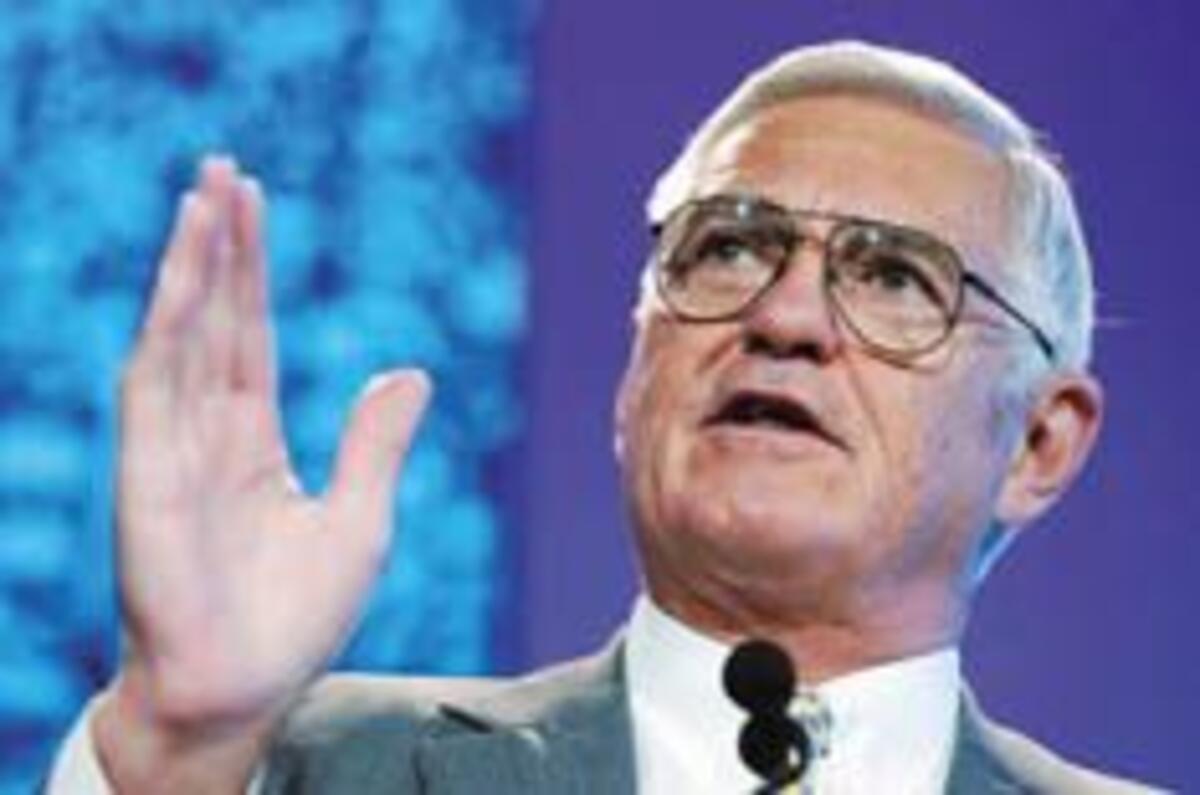Saab should no longer be regarded as a Swedish brand, according to General Motor’s product czar Bob Lutz. He also admits that his two recent pet Saab projects (the Impreza-based 9-2X and 9-7X SUV) could pose some short-term problems.
Speaking to Autocar at the recent Paris Motor Show, Lutz revealed the extent to which the car maker will be re-invented. He emphasised that Saab was never a pure brand: ‘The first cars had an engine from DKW, then the Ford V4. Saab also participated in the Type 4 project which meant it shared parts with a Fiat Croma. You could say that under GM all Saabs have shared parts with [various] Vectras. But you can still share parts and have a unique Saab character – something sporting, very agile with high levels of active and passive safety.
‘Saab is an extremely interesting and valuable brand but it has no history of making money. There were four approaches we could have taken. We could have said, “this isn’t working, let’s shut it”. We could have kept muddling through. Or we could have made a huge investment of $5bn (£276m) – but we don’t have the money. Or we could have done something similar to Peugeot and Citroën [platform and parts-sharing], using the same architecture but getting very different results – and that’s what we will do.
‘The 9-2X and 9-7X pose a short-term risk to the brand, but if we hadn’t put those cars into the US distribution network we would have lost the dealers.’ And without them, Saab would be finished.
Lutz also argued that Saab shouldn’t be considered a Swedish brand. ‘The designers don’t have to be in Sweden,’ he said. ‘Design is international and a good designer can grab the essence of Saab anywhere. What’s important is that Saab was formed by an aircraft maker.’
Lutz said that his ‘ideal’ Saab line-up would be ‘a small, Astra-sized car, a 9-3, 9-5 and SUV and a nice crossover… and maybe a sports car.’ He insisted that future Saabs would be front- or four-wheel-drive, although one insider says the next-generation 9-5 is likely to be rear-drive.
GM Europe may close one of its factories by 2007. It’s widely thought that Saab’s Trollhattan HQ (right), which builds the 9-3 and 9-5, is most at risk. However Saab boss Peter Augustsson told Autocar that Trollhattan’s costs were 30-40 per cent below those of Opel’s Russelsheim plant.




Add your comment